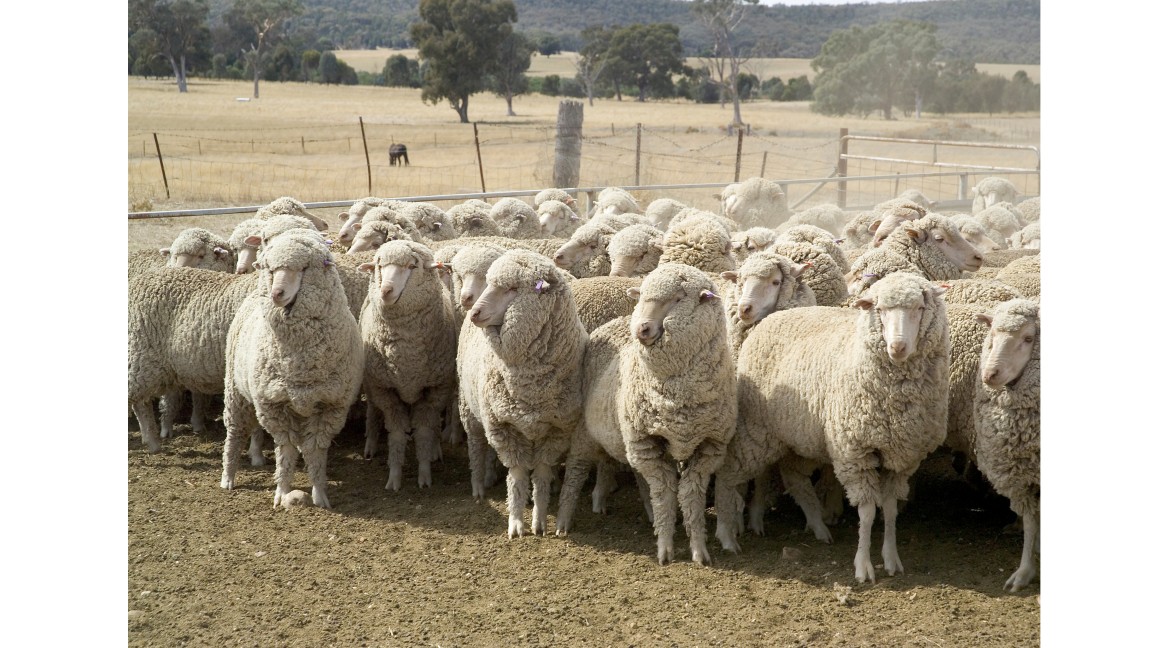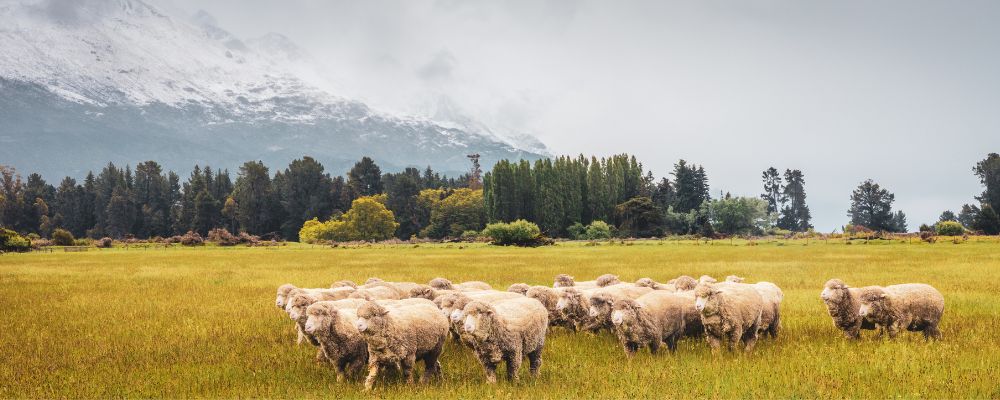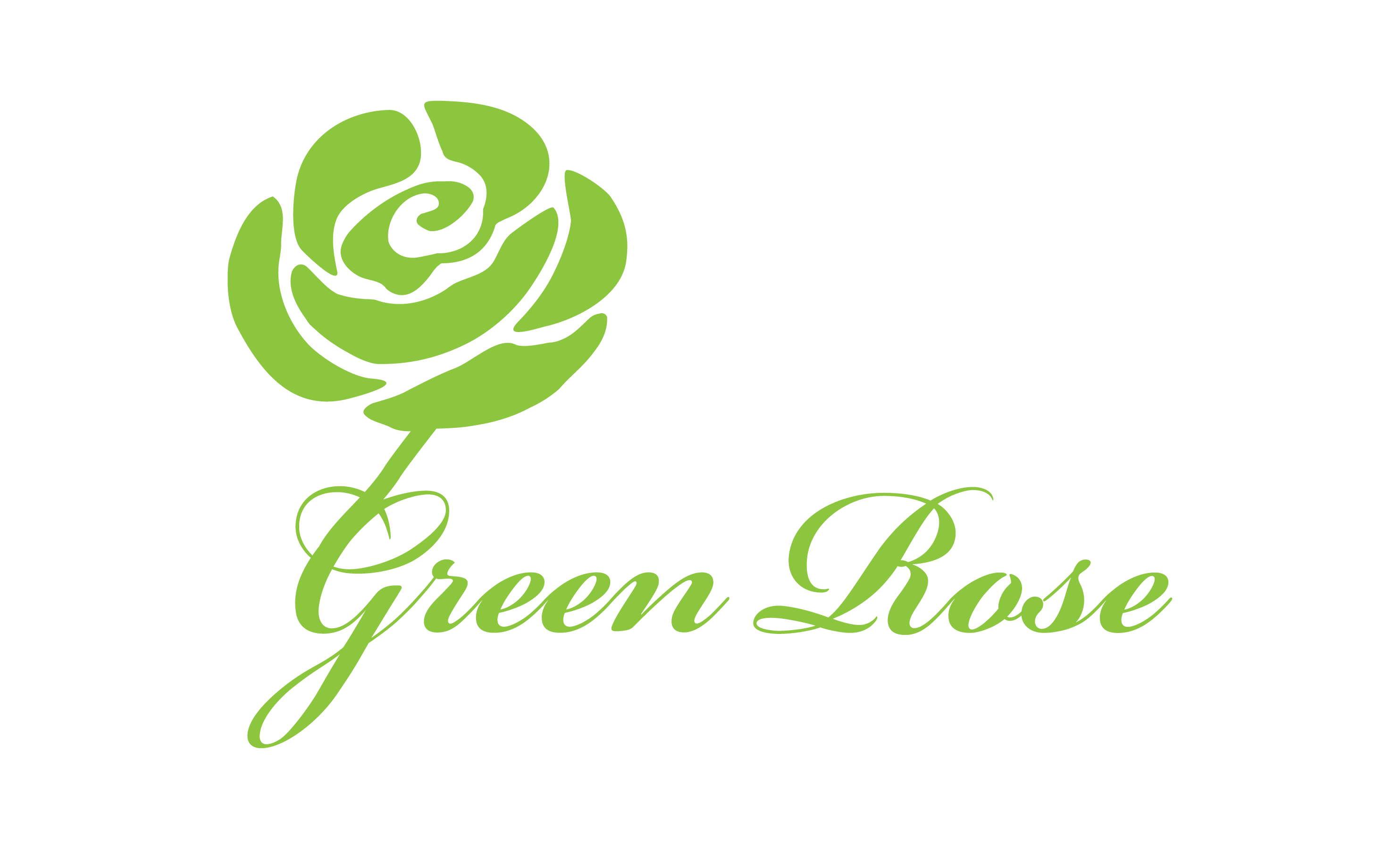
Mulesing-free – all you need to know
In recent years we’ve been getting queries from our customers asking if Green Rose clothes are made from merino wool that is mulesing-free.
In truth, we are glad that our customers are interested and care about this and we are happy to answer that Green Rose products are made from merino wool that is mulesing-free. For those of you who would like to learn more about it and things that you should pay attention to when you buy merino wool clothes, continue reading.
Mulesing-free – what is that?
The definition of mulesing concerns the manufacturing process of wool. As you might know, merino wool grows on a certain breed of sheep. The skin of these sheep is very wrinkly and these skin folds can cause a lot of issues, especially near the tail where they can trap humidity, faeces, and urine. This is the perfect environment for a certain kind of fly to lay eggs. This fly is common in New Zealand and Australia – the highest producers of merino wool. Larvae hatch from these eggs and cause infections that can lead to the death of the sheep.
At the start of the 20th Century, a farmer named John Mules accidentally cut the skin off his sheep’s rear end while shearing it. Once it healed, it was noted that the area no longer had folds or fur and it helped to keep the rear cleaner and thus made the sheep less susceptible to the flies. That’s how mulesing started.
According to the National Farmers Federation of Australia, without mulesing 3 million sheep per year would die slowly from flystrike. Although it might seem like a good practice that is beneficial to the animal, this procedure is extremely painful and is performed without any anesthetics on conscious sheep. After the procedure, the wound is left to heal by itself. In some cases, the flies lay eggs into the open wound that causes an infection anyway. You can imagine what kind of suffering the animal goes through.
There are some alternatives to mulesing and further research in how to avoid flystrike in a pain-free way for the animal is still ongoing. However, at the moment mulesing is the cheapest and most effective option which makes it the preferred option for many farmers.

As far as we are aware, mulesing is illegal in all countries except Australia. Thus, merino wool from Australia needs some additional scrutiny. There is no specific certificate that confirms that the sheep are reared mulesing-free. There are however other documents that certify that the sheep are reared ethically, according to certain standards, and without causing pain to the animal. Although they make no claims about mulesing-free rearing, the standards of these certificates lead to such a conclusion.
Many people are aware of and value Woolmark certificate. Although this certificate does not completely exclude mulesing, they make significant investments into research for safe alternatives.

Green Rose fabric purchase documents confirm that mulesing was not used in the manufacturing of wool. This is personally very important to us and we choose fabric factories that use wool from ethical farms.
If you are a big fan of wool clothes and you care where this wool comes from, make sure to check the labels on the clothes or the information from the seller about mulesing. If you can’t find it, make sure to ask. This way you will show the sellers that more and more customers care about the well-being of the animals. As a result, this will make clothing manufacturers and sellers pay attention to this as well and choose mulesing-free wool.
If you have more information about mulesing-free practices, make sure to share in the comments below or send us a message :)
.png)